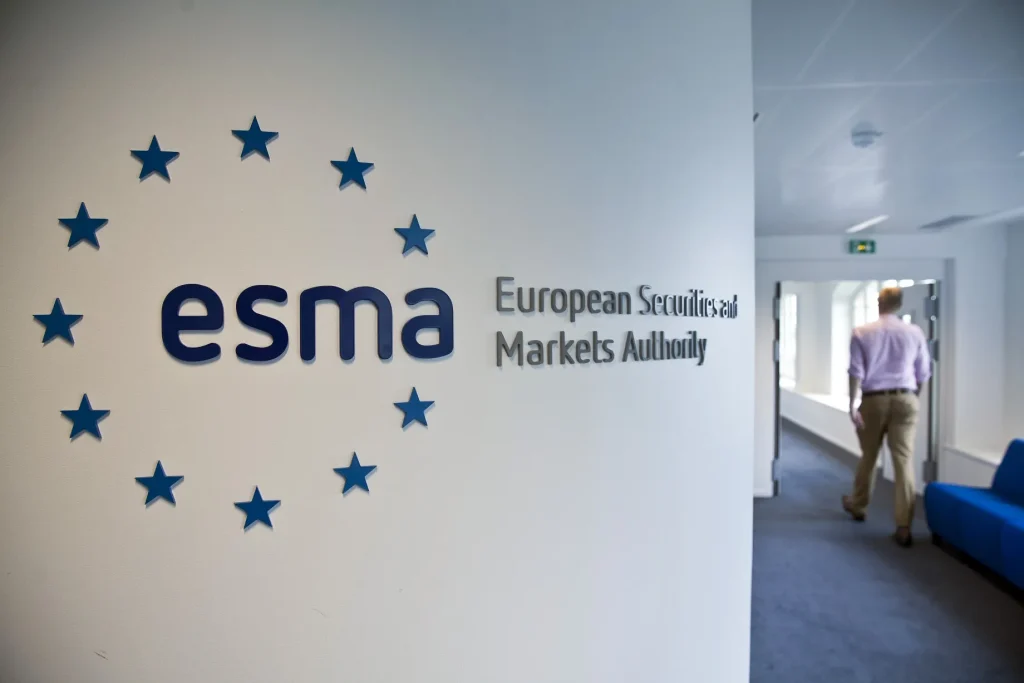ESG ratings providers face stricter transparency, conflict-of-interest, and operational structure requirements under new ESMA draft rules.
Supervision of sustainability disclosures will be risk-based, with a strong focus on greenwashing and double materiality.
EU issuers must prepare for intensified scrutiny and harmonized enforcement across Member States.
The European Securities and Markets Authority (ESMA) has unveiled two major regulatory developments poised to reshape ESG data integrity and sustainability reporting across the EU.
ESG Ratings Regulation: From Supervision to Separation
Following the adoption of the ESG Rating Regulation in late 2024, ESMA has published its draft Regulatory Technical Standards (RTS), outlining strict new requirements for ESG ratings providers operating within the EU.
The regulation mandates authorization and supervision of ESG ratings firms, alongside disclosure of key methodologies and data sources used in ratings. This move addresses long-standing investor concerns around the opacity and inconsistency of ESG assessments.
“The lack of transparency [in the ESG ratings sector] posed a potential risk to investors,” ESMA stated in its 2021 advisory to the European Commission.
Key elements of the RTS include:
Minimum information required for authorization as an ESG ratings provider.
Safeguards to mitigate conflicts of interest—particularly when firms provide both ratings and advisory services.
Public disclosures of rating models, methodologies, and assumptions, including clear sequencing to enhance usability.
While the European Commission originally proposed banning ESG raters from offering other services (like consulting or credit ratings), the final regulation permits such services only if firms maintain operational separation. ESMA’s draft rules clarify that this separation must not be “superficial” or “mere legal formalities.”
A public consultation is now open until June 20, 2025, with a final report and formal submission to the Commission expected by October 2025.
Sustainability Disclosures: A New Enforcement Era
In parallel, ESMA released new Guidelines on Enforcement of Sustainability Information, designed to align sustainability reporting oversight with the rigor of financial reporting supervision.
RELATED ARTICLE: ESMA LAUNCHES CALL FOR EVIDENCE ON ESG RATINGS
Under the new framework:
National authorities are directed to strengthen supervisory capacity and ensure compliance with the Corporate Sustainability Reporting Directive (CSRD) and EU Taxonomy Regulation.
Enforcement will be risk-based, with heightened scrutiny of greenwashing and double materiality risks.
ESMA will coordinate enforcement across the EU, minimizing regulatory arbitrage and ensuring consistent standards.
“Enforcers must act promptly in case of infringements, including reissuance of sustainability statements or corrective notes, even for immaterial misstatements made intentionally to mislead,” the regulator emphasized.
What This Means for Companies
C-suites and boards must anticipate more rigorous ESG data expectations and supervisory engagement. Internal governance, audit controls, and ESG strategy alignment with regulatory definitions will be under increasing scrutiny.
Read the consultation paper here.
Follow ESG News on LinkedIn

